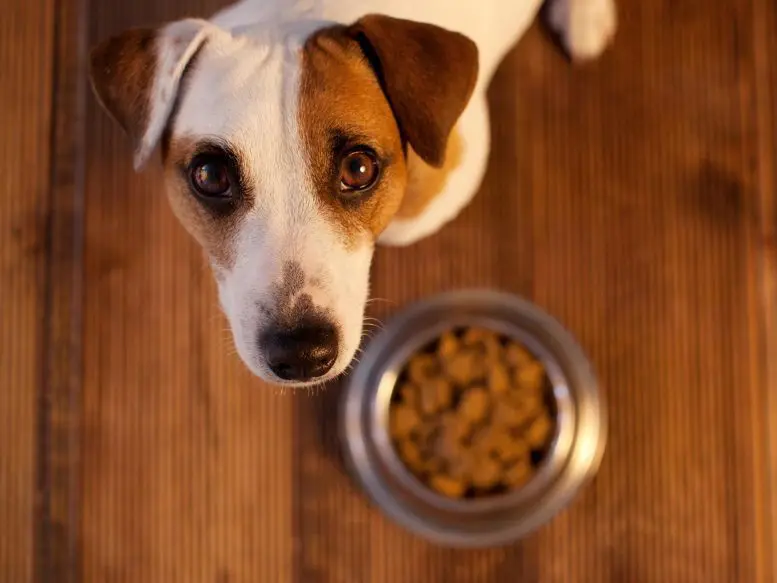
New research being presented at the European Congress of Clinical Microbiology & Infectious Diseases (ECCMID), held online this year, reveals raw dog food to be a major source of antibiotic-resistant bacteria, making it an international public health risk.
With some of the multidrug-resistant bacteria in raw dog food identical to those found in hospital patients in several different European countries, the researchers say the trend for feeding dogs raw food may be fuelling the spread of antibiotic-resistant bacteria.
Drug-resistant infections kill an estimated 700,000 people a year globally and, with the figure projected to rise to 10 million by 2050 if no action is taken, the World Health Organisation (WHO) classes antibiotic resistance as one of the greatest public health threats facing humanity.
To find out if pet food is a potential source of spread of antibiotic-resistant bacteria, Dr. Ana R. Freitas, Dr. Carla Novais, Dr. Luísa Peixe, and colleagues from UCIBIO, Faculty of Pharmacy, University of Porto, Portugal analyzed dog food from supermarkets and pet shops for Enterococci.
Enterococci are opportunistic bacteria. They live harmlessly in the guts of humans and animals but can cause severe infections if they spread to other parts of the body.
A total of 55 samples of dog food (22 wet, 8 dry, 4 semi-wet, 7 treats, and 14 raw-frozen) from 25 brands available nationally and internationally were included in the study. The raw-frozen foods included duck, salmon, turkey, chicken, lamb, goose, beef and vegetables.
Thirty samples (54%) contained Enterococci. More than 40% of the Enterococci were resistant to the antibiotics erythromycin, tetracycline, quinupristin-dalfopristin, streptomycin, gentamicin, chloramphenicol, ampicillin, or ciprofloxacin. There was also resistance to vancomycin and teicoplanin (2% each) and 23% of the enterococci were resistant to linezolid.
Linezolid is a last-resort antibiotic, used on severe infections when other drugs have failed, and is considered a critically important treatment by the WHO.
All of the raw dog food samples contained multidrug-resistant Enterococci, including bacteria resistant to linezolid. In contrast, only three of the non-raw samples contained multidrug-resistant bacteria.
Genetic sequencing revealed that some of the multi-drug resistant bacteria in the raw dog food were identical to bacteria isolated from hospital patients in the UK, Germany and the Netherlands. Genetically identical bacteria have also been found in farm animals and wastewater in the UK.
In another experiment, the researchers transferred antibiotic resistance genes from the bacteria found in dog food to other, experimental, bacteria – suggesting this can also occur in nature.
The researchers conclude that dog food is a source of bacteria that are resistant to last-resort antibiotics and could potentially spread to humans. Dog food, they add, could be an overlooked driver of antibiotic resistance globally.
Dr. Freitas adds: “The close contact of humans with dogs and the commercialization of the studied brands in different countries poses an international public health risk.
“European authorities must raise awareness about the potential health risks when feeding raw diets to pets and the manufacture of dog food, including ingredient selection and hygiene practices, must be reviewed.
“Dog owners should always wash their hands with soap and water right after handling pet food and after picking up feces.”






